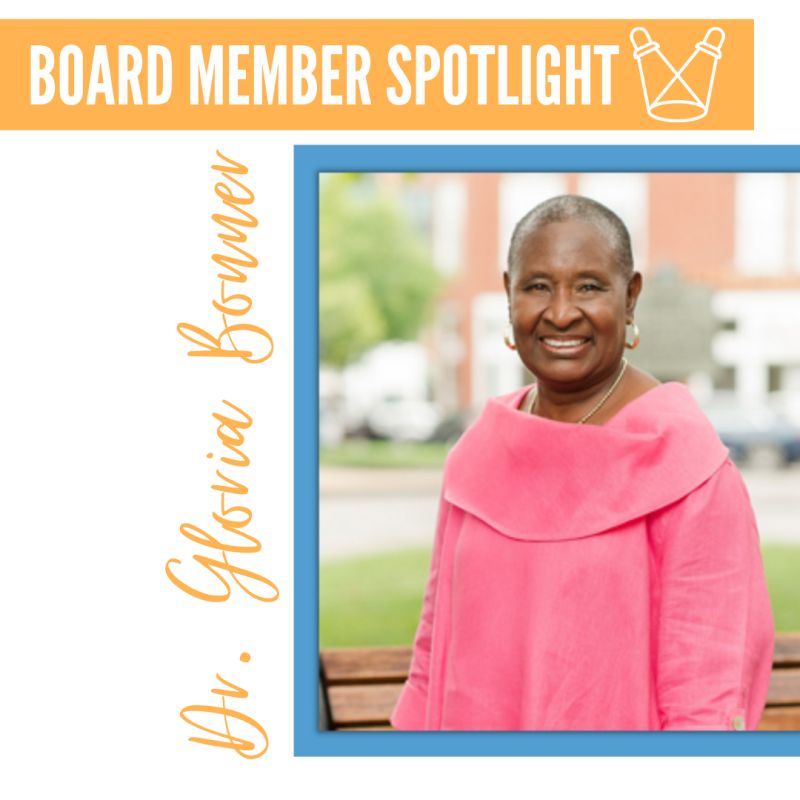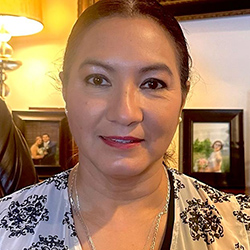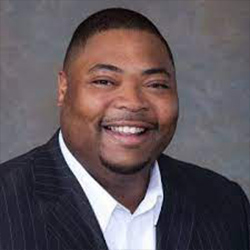By: Angela Barbosa
Imagine being at an appointment with your doctor and learning you have cancer. According to the National Cancer Institute, more than 1.8 million people in the United States face that moment each year. Sadly, many of them face the uncertain and frightening next steps alone.
People with initial cancer diagnoses typically face a fast-paced barrage of diagnostic tests, invasive procedures and complicated treatment plans, often with little to no warning or time to get a real grasp of their situation (source). For those without a close support structure, this already scary time can be even more overwhelming.
In Murfreesboro, Tennessee, Dr. Gloria Bonner wants to change that for as many people as she can.
For more than 40 years, Dr. Bonner had a storied career as an educator, researcher and administrator. After serving in many roles and making history as the first black woman to be the Dean of an academic department at Middle Tennessee State University (MTSU), she retired as Assistant to the President of MTSU in 2017. She has and continues to volunteer tirelessly for numerous non-profits and serve on many non-profit boards, such as United Way of Rutherford and Cannon Counties.
But it wasn’t until after her own run-ins with cancer in 2012 and again in 2017 that Dr. Bonner found a very personal calling — supporting others through what she faced herself.
“It didn’t occur to me the burden that people with the diagnosis of cancer have to bear until I had to go through the experience myself,” she says. “There are so many of us without the support that we need. And it’s important for us to help out as much as we possibly can.”
In addition to her ongoing work with United Way of Rutherford and Cannon Counties and other area nonprofits, Dr. Bonner now volunteers regularly at Ascension Saint Thomas Rutherford Hospital in Murfreesboro. Connecting with those with a new cancer diagnosis, she works with them to coordinate schedules so she can be with them from the very beginning all the way through to the end of their treatment.
For some it can mean simply being available to help them process the news from test results or to coordinate meetings with oncologists or surgeons. For others, she waits with them as they settle in for chemo treatments and holds their hands until it’s over. When someone completes treatment, she’ll be there to celebrate with them.
What’s most important, Dr. Bonner says, is helping them understand that “the word cancer does not have to be a death diagnosis.”
Dr. Bonner continues to be a pillar of her community, dedicating herself as a servant leader to many organizations. But it’s listening to her talk about this work helping people with cancer diagnoses, the work that is so close to her heart, where her empathy and compassion are so abundantly clear:
“For a volunteer, it is a holistic journey — for me as well as for them — and that’s an experience I don’t ever want to forget.”




